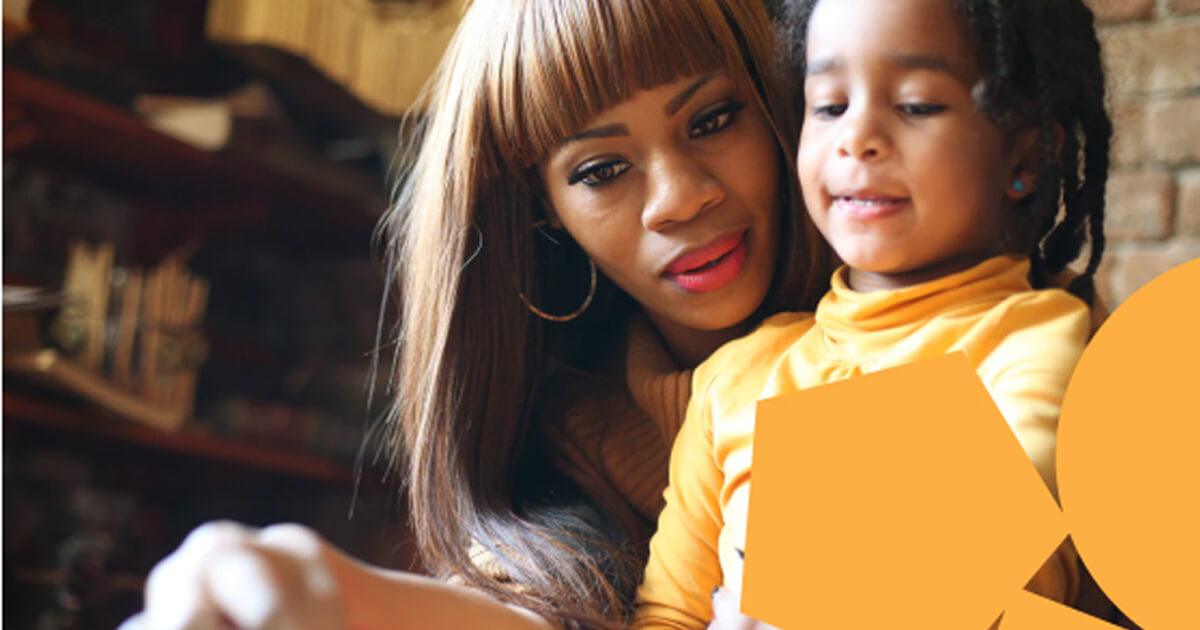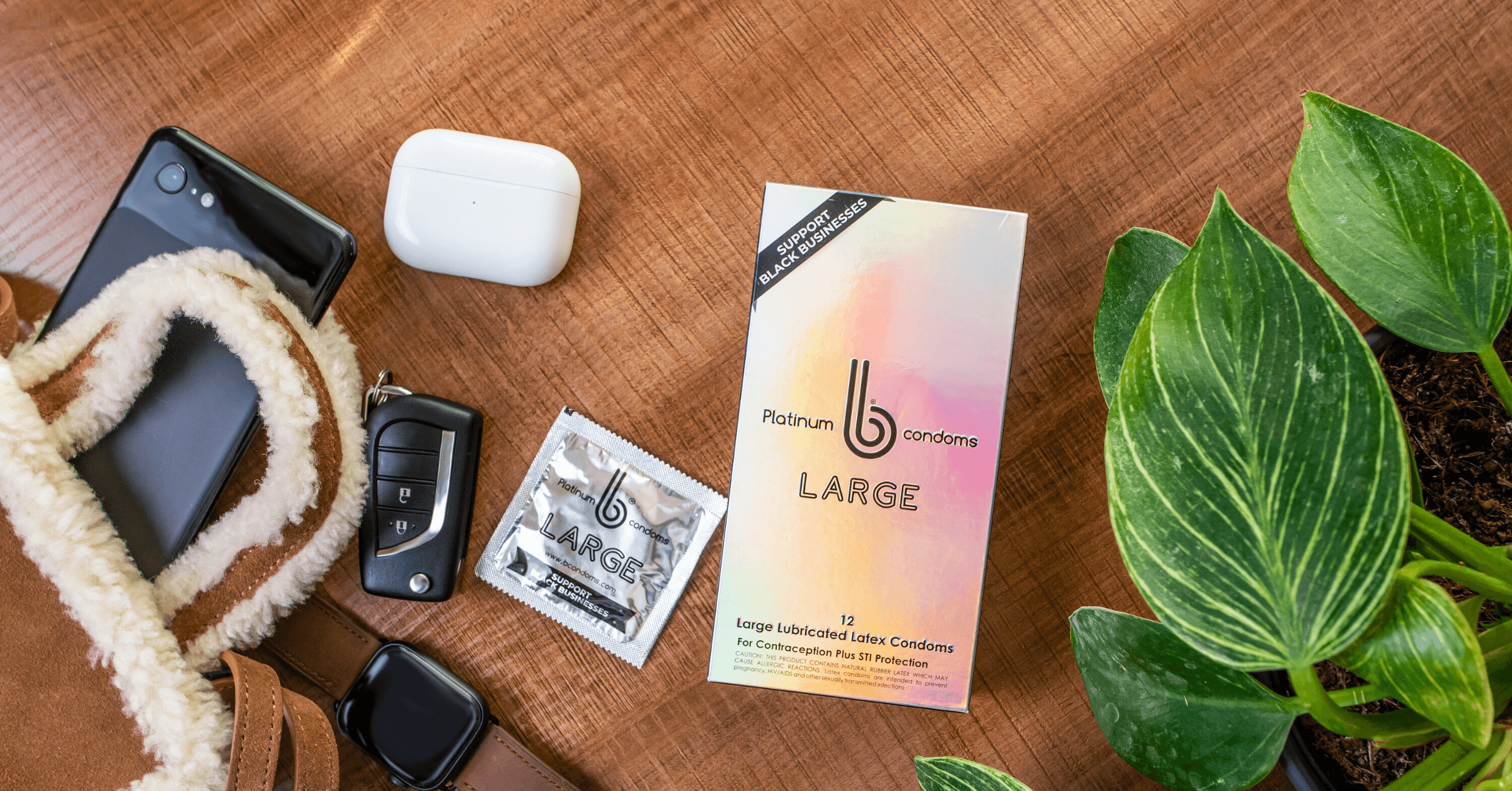Goldman Sachs has announced the first group of Black women-led companies to receive investment from the One Million Black Women fund. The investment firm shared some insight into how the 11 organizations were selected. The fund, announced earlier this year, pledges $10 billion in direct capital and $100 million in philanthropic grants with the hopes of impacting 1 million Black women by investing in healthcare, education, housing and small business over a 10-year period.
According to the firm, the fund was created to address the dual disproportionate gender and racial baes that Black women have faced for generations, which have only been exacerbated by the pandemic. The 11 organizations that will receive the first round of funding are based in cities throughout the U.S. including New York, Atlanta, Columbus, Ohio and Jackson, Mississippi. Asahi Pompey, Goldman Sachs’ global head of corporate engagement and president of the company’s foundation, says the organizations were selected through various means including listening sessions that allowed women founders to express their needs directly to the firm.
We had several of those listening sessions to hear from Black women about what this can be and how it can be beneficial to improving the quality of life, not just for Black women and families, but the community. And, the nation, Melanie Campbell, a member of the fund’s advisory council, as well as president and CEO of the National Coalition of Black Civic Participation, told The Plug.
The Atlanta-based Center for Maternal Health Equity at Morehouse School of Medicine is among the inaugural group to receive funding and came through a connection with Dr. Valerie Montgomery Rice, another member of the fund’s advisory council and the dean of medicine at Morehouse School of Medicine. We wanted to do more work with her in particular and do more work around maternal health, Pompey said. The advisory council, which also consists of actress and businesswoman Issa Rae, Valerie Jarrett, once senior advisor to former President Obama and Walgreens CEO Rosalind G. Brewer, among others, met earlier this week for the first time. What I liked was that it was the first meeting where they were getting ready to go ahead and do some investing. It wasn’t just a meeting to talk about what we’re getting ready to do, Campbell said.
While a press release announcing the 11 organizations did not specify which companies would be receiving direct capital versus philanthropic grants, Pompey said the New York-based BlocPower WiFi, which aims to expand broadband access across the Bronx and Upper Manhattan, and Archer Towers, and seeks to fund mixed-income residential development in Jamaica, Queens, is receiving investment capital. Columbus Urban League, which is hoping to launch an incubator for Black women in central Ohio, and Prosp(a)rity Project, an East Palo Alto, California organization that wants to provide personalized financial coaching and funding to help with student loan debt, are among the philanthropic grant recipients.
According to Pompey, funding for the $10 billion in direct capital will come from Goldman Sachs, while funding for the $100 million in philanthropic investments will come from the company’s foundation. We knew we wanted to do something at scale and if we came out with something that was smaller, we really wouldn’t be able to have the kind of impact that we’re looking to have, she said.
Pompey says Goldman Sachs will release an annual report about the fund. We’re holding ourselves accountable and we know that our advisory council and others will hold us accountable as well, she said. That whole process of deal-making, investing, and allocating the grants has got to be an nimble process, an agile process, an iterative process, where you’re flexing, as need be, to the communities that are most in need and where your program may need to evolve and change. Through our 10,000 Women and 10,000 Small Businesses Programs, Goldman Sachs has a track record of working on initiatives over the course of decades, and evolving and adapting those initiatives as we go, she said.
One Million Black Women will be no different. The first 11 organization receiving resources from Goldman Sachs’ One Million Black Women:
- Archer Towers, New York, New York
- Birth Center Equity, national
- BlocPower WiFi, New York, New York
- Buy From a Black Woman, Atlanta, Georgia
- Center for Maternal Health Equity at Morehouse School of Medicine, Atlanta, Georgia
- Columbus Urban League, Columbus, Ohio
- NYC COVID-19 Loan Facility, New York, New York
- Prosp(a)rity Project, East Palo Alto, California
- Sadie Collective, Washington, District of Columbia
- Springboard to Opportunities: Magnolia Mother’s Trust, Jackson, Mississippi
- Women’s Fund of Central Ohio, Columbus, Ohio








